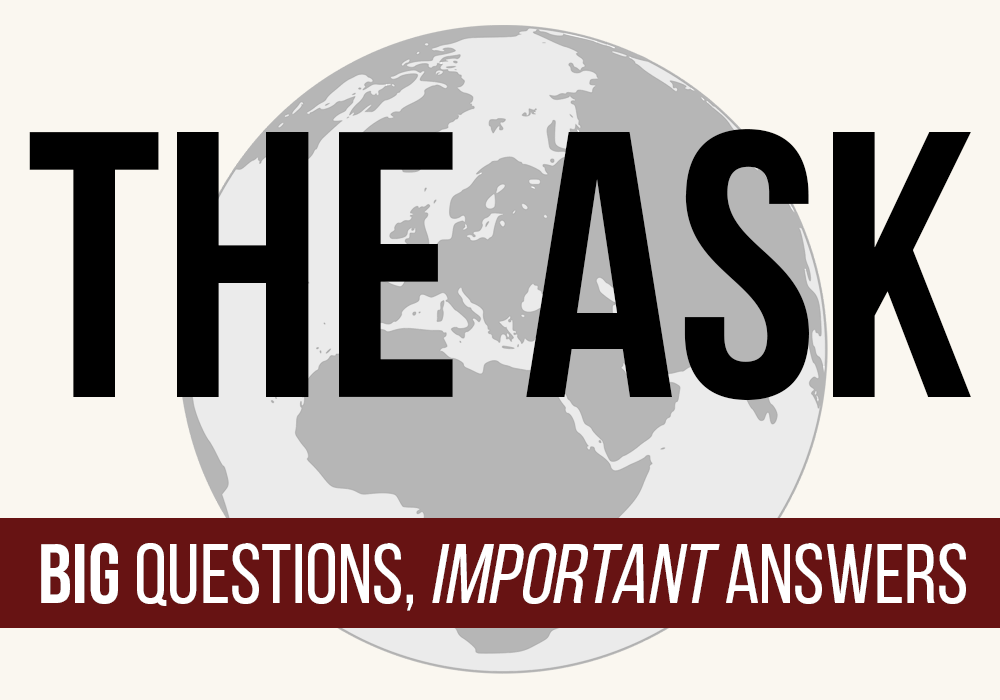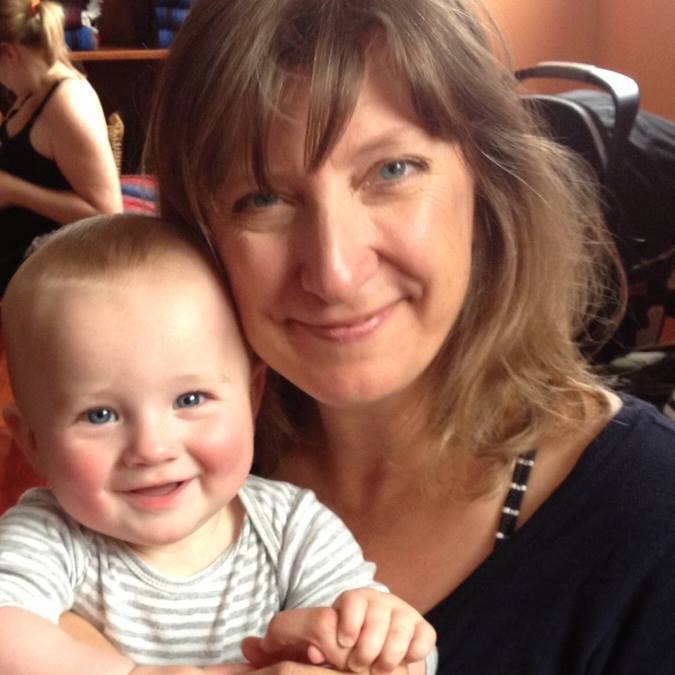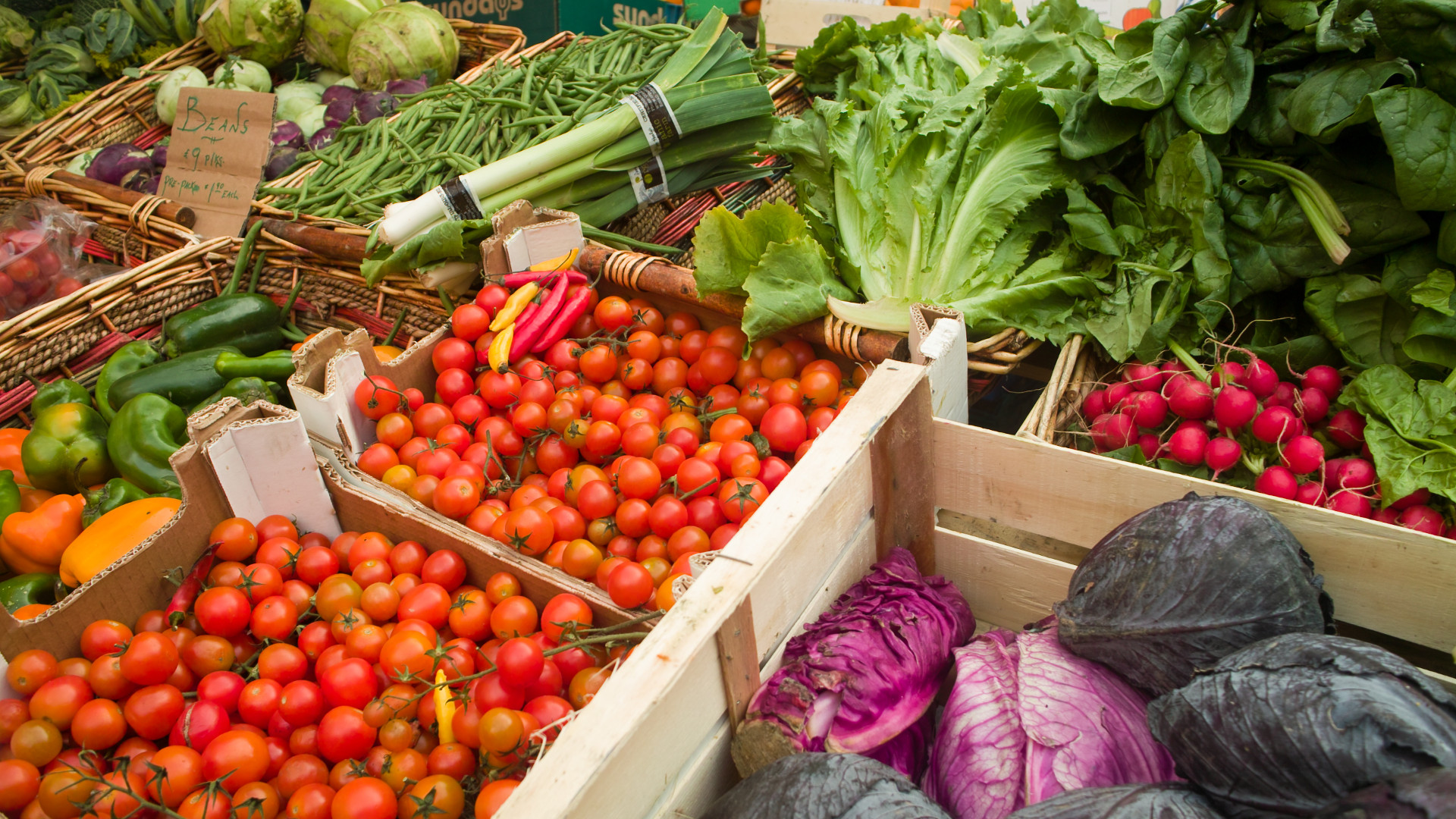You may not know her, but Stacy Malkan is fighting for you.
 For over 15 years Malkan has worked as a consumer advocate to make the products we buy safer. Through the Campaign for Safe Cosmetics, which she cofounded, she’s helped reduce hazardous chemicals in personal care products like shampoo, deodorant and makeup. Now, in her work as cofounder and co-director of the nonprofit consumer and public health watchdog group U.S. Right to Know, she advocates for transparency and accountability in the food industry to build a healthier food system.
For over 15 years Malkan has worked as a consumer advocate to make the products we buy safer. Through the Campaign for Safe Cosmetics, which she cofounded, she’s helped reduce hazardous chemicals in personal care products like shampoo, deodorant and makeup. Now, in her work as cofounder and co-director of the nonprofit consumer and public health watchdog group U.S. Right to Know, she advocates for transparency and accountability in the food industry to build a healthier food system.
The industries Malkan works to reform are large, powerful and protected, but her dedication and vision are supporting an explosion of consumer interest in healthier products and better food. At this cultural turning point, we sat down with Malkan to ask her about the current state of food — and what the future may hold.
So, what’s on your dinner plate today?

Simple foods that work for a toddler! I buy organic as much as possible, especially when it comes to the grain products my child consumes in large quantities. I also try to avoid plastic food containers due to concerns about toxic chemicals leaching. For breakfast we often go with oatmeal, and a typical dinner is baked chicken and a vegetable, usually broccoli or asparagus (the only two vegetables my toddler will eat), or beans and rice, or pizza, which is always the most popular choice in my house.
Food defines us and our cultures in so many ways. Does that make it easier or harder to encourage healthy food production?
One of my favorite weekly activities is the local farmer’s market. We try to go every Sunday. They always have a live band and wonderful food that stays fresh for so much longer than produce I buy in the supermarket. So in a very tangible way, food defines my community for me and my community helps encourage healthy food production. But conscious eating gets a lot more difficult when it comes to eating in restaurants and other communal eating situations that rely on mass production of cheap foods, such as school food — although local groups are trying to change that. The community has a huge role to play in supporting healthy food systems and local food production, and we need to step it up.
Where do we stand at this point? Is our food system getting more transparent or are things getting worse?
There are many positive signs. Organic demand is growing across all demographics. The largest group of organic buyers is millennial moms, and most women in that age group haven’t even had children yet. Food companies are scrambling to meet the demand for foods free of pesticides and chemical additives. It’s a disruptive time for the food industry, and full of possibility for transformation. On the other hand, large food and chemical corporations are pushing back with mighty force — spending hundreds of millions on propaganda and lobbying campaigns — to prop up an unhealthy food production system that depends on GMOs and pesticides and keeps consumers in the dark about what they’re eating. So it’s also a dangerous time and unfortunately I hear many consumers and reporters parroting industry propaganda without questioning it.
Where do you think the most (or least) progress is being made?
Most progress: consumer demand for healthy food and the rising awareness about the healing power of food are unstoppable trends, and the smart companies are stepping up to meet that demand. Least progress: bad policies that rig the market in favor of chemical-intensive, unsustainable agriculture, and factory farms that are not being challenged with enough power. The good food movement needs to figure out how to become an effective political movement to create a fair playing field.
Speaking of propaganda, what tip would you give people to help them see past fake “experts” like SciBabe?
There’s an aggressive, condescending attack style common to the corporate propaganda campaigns to manufacture doubt about science and risk. The message is: “Don’t worry your pretty little head and keep buying our chemical food.” If people suggest you are ignorant, or try to shame you for raising concerns about our food system or insisting on transparency, ignore them.

